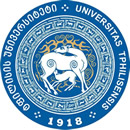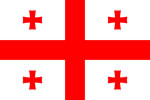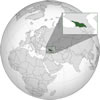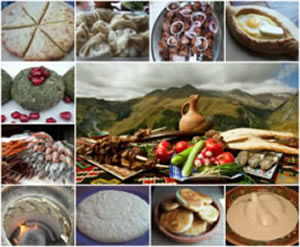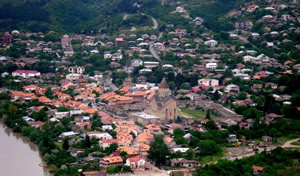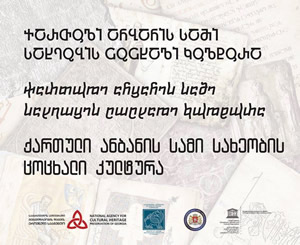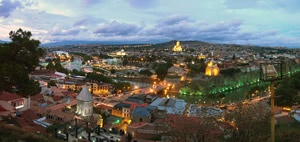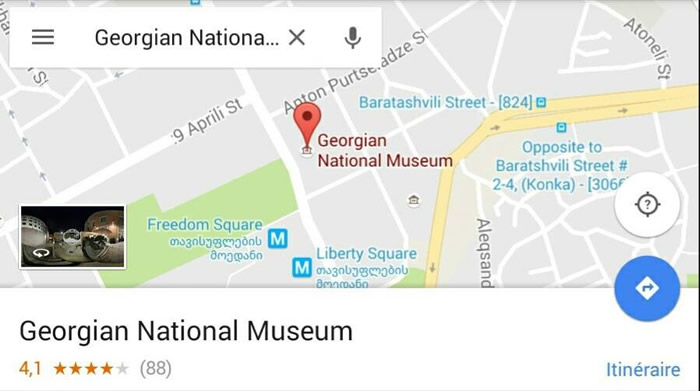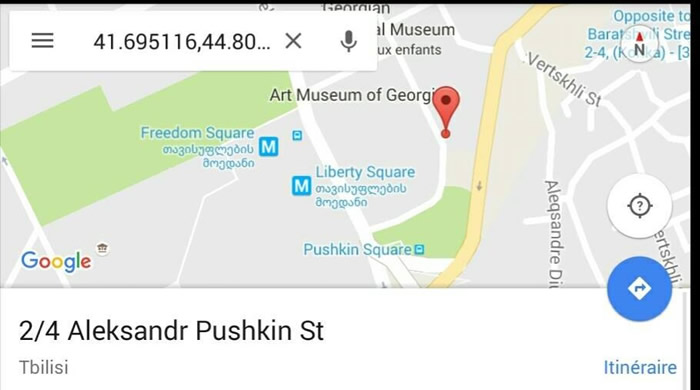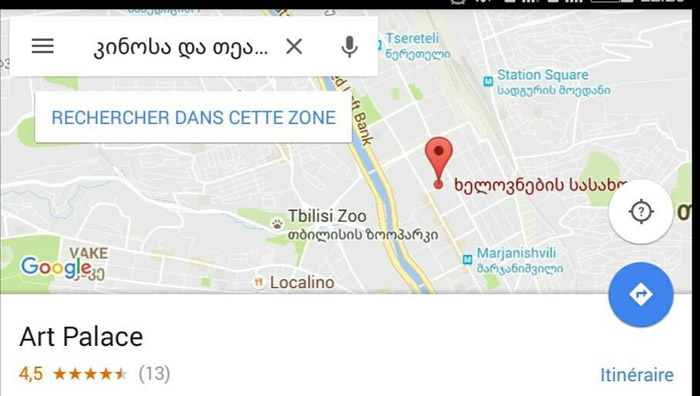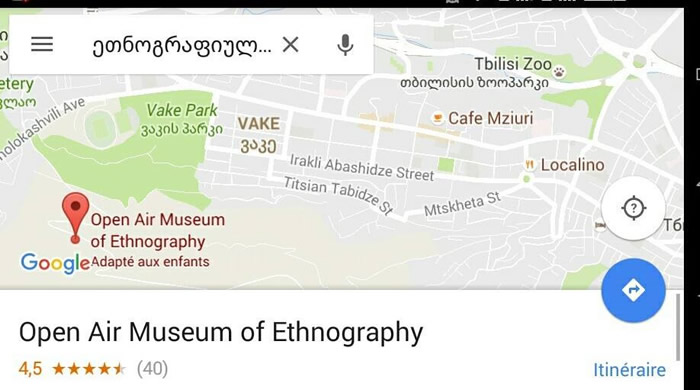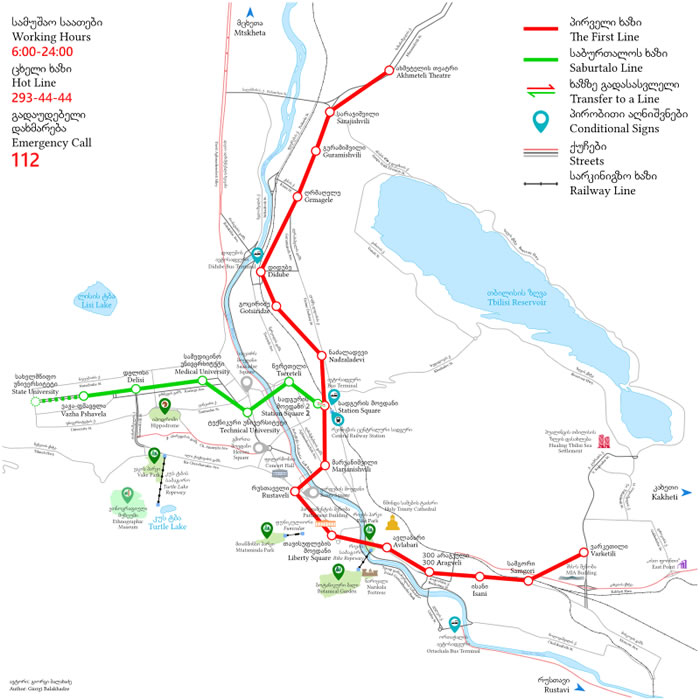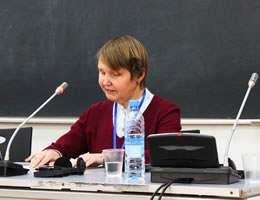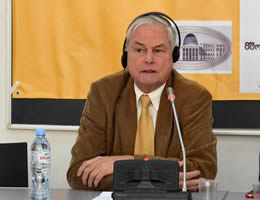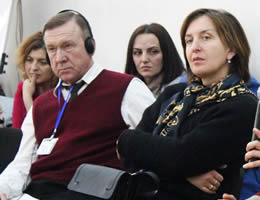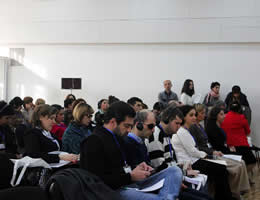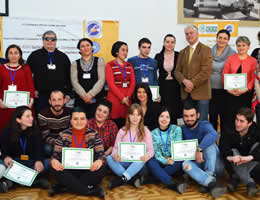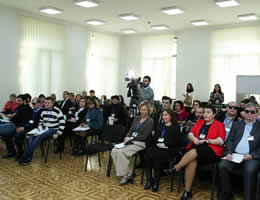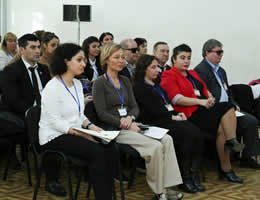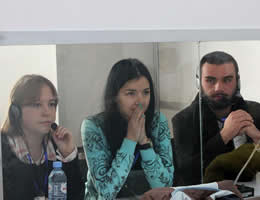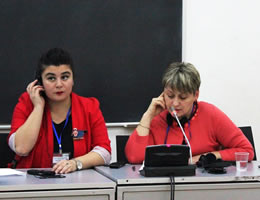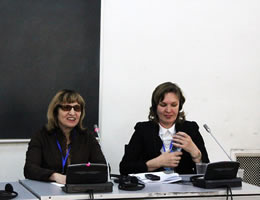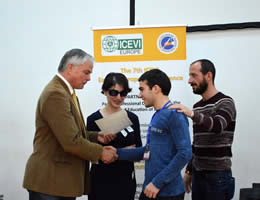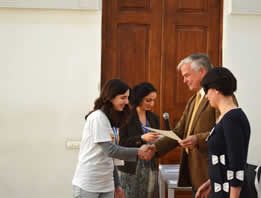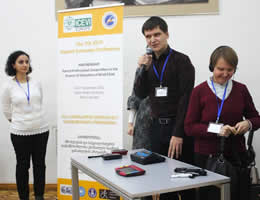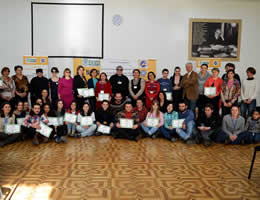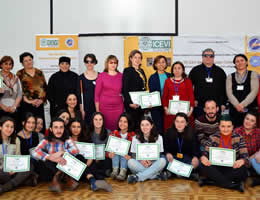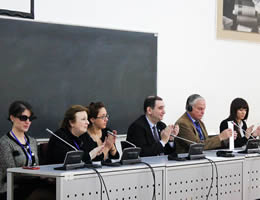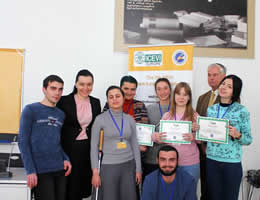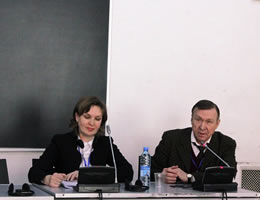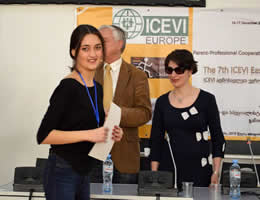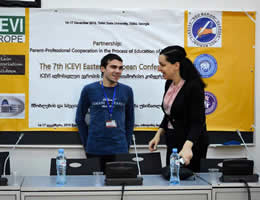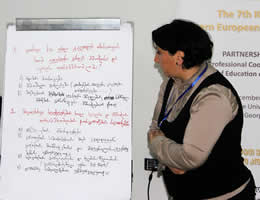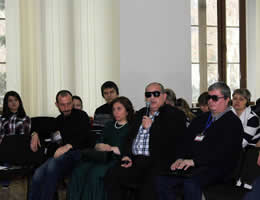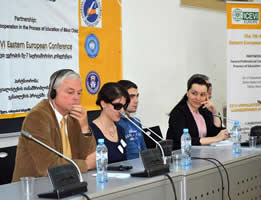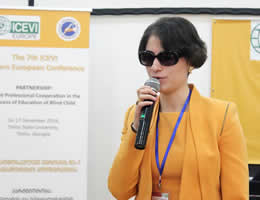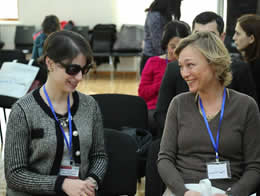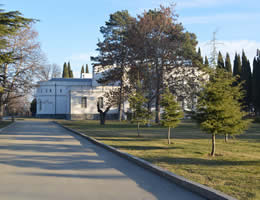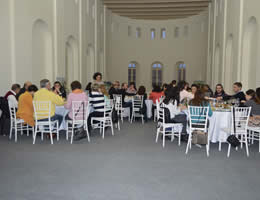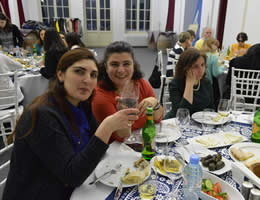
Welcome
by President of ICEVI-Europe
You are cordially invited to the seventh ICEVI Eastern European Conference, which will be held at Tbilisi State University on December 14-17 2016 in Tbilisi, Georgia.
The theme of the conference is Partnership : Parent professional cooperation in the process of education of visually impaired children.
The 7th ICEVI Eastern European Conference is organized by the International Council for Education and Rehabilitation of People with Visual Impairment, European Region (ICEVI-Europe) with the non-governmental organization Mariani and with the valuable support of the Ministry of Education and Ministry of Sports and Youth in Georgia.
The conference offers the opportunity to share knowledge and expertise concerning the implications of the roles of parents and professionals on the education of visually impaired children and adolescents and in turn, their ability to actively participate as full members of society.
So join us at the 7th ICEVI Eastern European Conference where we will not only learn of recent research and share personal experiences, but also network with fellow colleagues and establish professional collaborations.
I look forward to meeting you in Tbilisi, Georgia!
Panagiota (Betty) Leotsakou
President of ICEVI-Europe
Welcome
by Director of non-governmental organization Mariani
Welcome to the 7th ICEVI Eastern European Conference!
Evidence-based research shows that constructive and cooperative relationship between specialists and parents of children with visual impairment plays an enormously positive role in the development of children. Through this conference we would like to provide platform for empowerment of parents of children with visual impairment and support the specialists realize their role in supporting parents. We believe that the ways and approaches of partnership raised and discussed during the conference will provide firm basis for the future improvement of parent specialist cooperation in the process of education of children with visual impairment.
Hope to have a chance to welcome you as a participant of the conference and have an opportunity to exchange some very important experiences about the theme of the conference.
Sincerely yours,
Director of non-governmental organization Mariani
Mariam Mikiashvili
Chairman of the Host Committee

